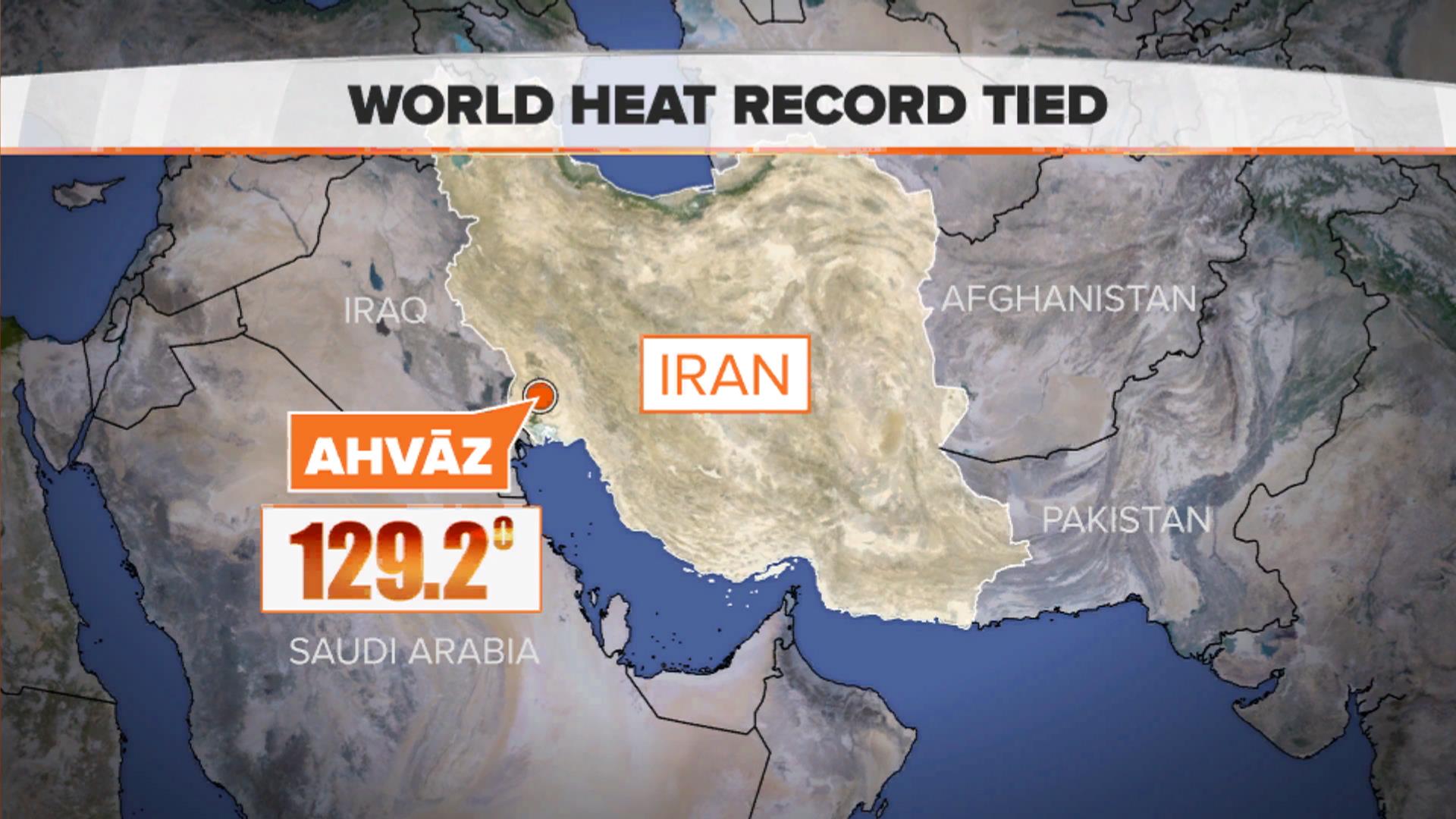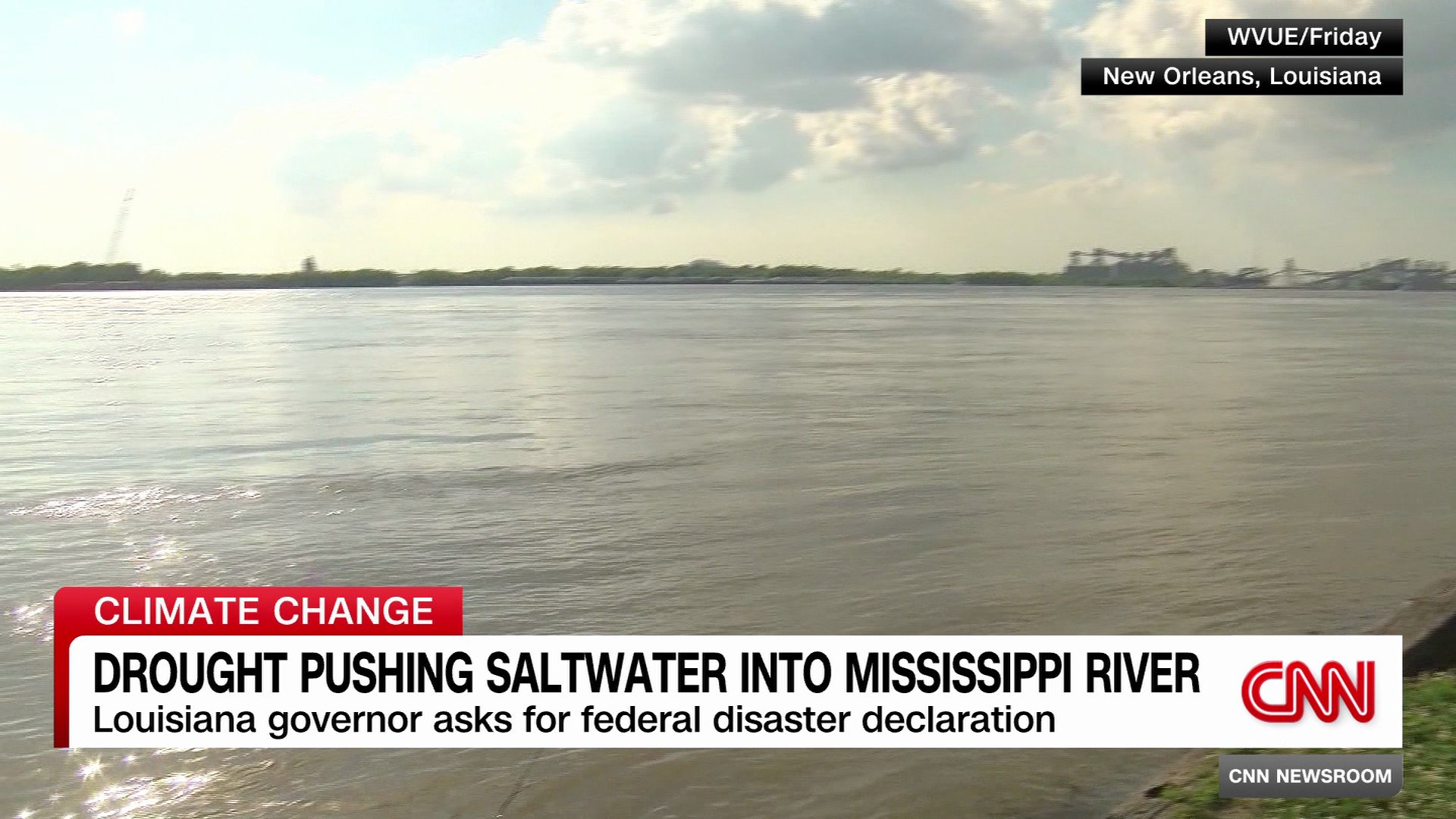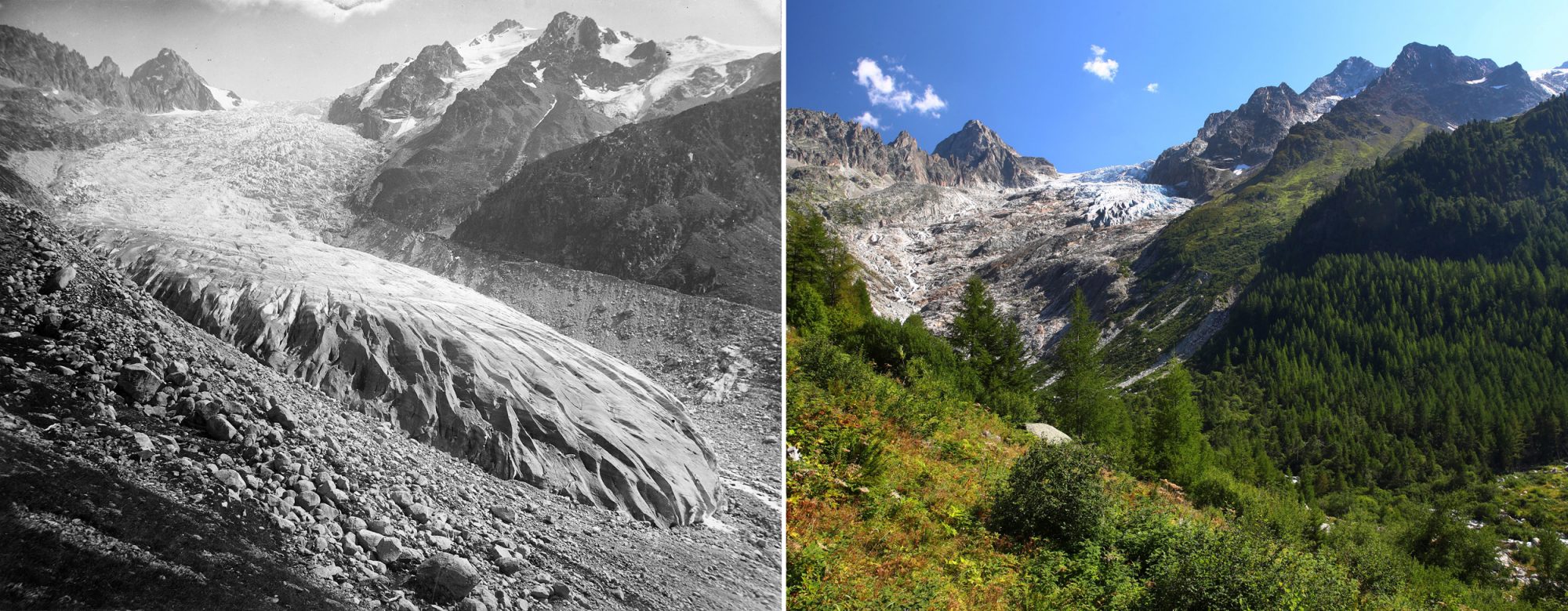COP28, the annual international conference on Climate Change has started in Dubai, 30November, and so I’ll be posting about global warming the next several weeks.

Barring a miracle now the year 2023 is going to wind up as the hottest year ever recorded for the entire planet and that by a wide margin. The declared culprits of this temperature rise are usually stated in the media as being the steady increase in temperature caused by global warming coupled with the return of the phenomenon El Niǹo in the Pacific Ocean. El Niǹo was last observed back in 2016, the previous hottest year on record before 2023. Together they have caused the Earth’s average temperature to rise very close to the 1.5ºC increase over pre-industrial averages that scientists have been saying for decades now will bring about far worse climate conditions.

And that prediction has certainly appeared to come true. Phoenix Arizona, already one of the hottest cities on Earth, smashed its previous record of consecutive days above 110ºF (43.3ºC), going from 18 to 31. At the same time the city also set a record for most consecutive days where the low temperature at night never got below 90ºF (36.25ºC). (I’ve been to Phoenix and I know it’s a dry heat there but nevertheless I can’t even imagine what a month of temperatures that hot is like.)

Phoenix of course is just one example of record shattering heat; many other parts of the world also saw record high temperatures. Places as far apart as Vietnam, France and China each experienced all time record temperatures. For a few days in August the entire nation of Iran was forced to shut down all but emergency services because it was simply too hot for anyone to remain outdoors for any length of time. And just to put a cap on the record setting temperatures on the 17th of November the average temperature for the entire planet passed the 2 degrees Celsius above pre-industrial level mark for the first time, a very dangerous sign of things to come.

Then there were the massive wildfires around the planet in places like Greece, China and even Hawaii where 99 people died as a wildfire surged across the island of Maui. But by far the worst fires were the hundreds that spread throughout Canada. Think about it, Canada is the largest nation on Earth by area and most of that is sparsely populated forest so when Canada suffers its worst ever wildfire season that’s a lot of trees being burned. The smoke from those Canadian fires even drifted south into the United States giving cities like New York, Philadelphia and Minneapolis their worst ever measured air quality conditions.

The increase in heat also brought with it drought conditions across southern Europe, the southern US, China and worst of all large parts of northern Africa, where millions of people live on the edge of survival during the best of times. Drought conditions have caused many of the world’s great rivers to see unprecedented drops in their water levels. For example sections of the Amazon are experiencing their lowest water levels in over 120 years. Meanwhile the drought conditions throughout the Mississippi watershed has caused the flow of that great river to become so anemic that salt water from the Gulf of Mexico has pushed its way upriver almost to the city of New Orleans, threatening the city’s water supply.

At the same time other areas of world like Libya, Scotland and even usually dry southern California were stricken with periods of severe flooding. Providing further evidence that global warming doesn’t cause one particular kind of weather disaster but simply causes all types of weather to become more extreme.

The world’s oceans did not escape from the extreme heat either. The hottest ocean temperature ever recorded was measured in the Caribbean not far from the Florida Keys at over 32.4ºC (90ºF) while the average ocean temperature in early August reached 20.96ºC (69.71ºF), the warmest global average ever recorded. One result of this record heat is that vast stretches of coral reefs around the world are being bleached and could die if temperatures continue to rise.

In the Polar Regions the extreme heat did exactly what you would expect as the sea ice around both the North Pole and Antarctica fell below the lowest levels ever previously observed. Glaciers from the Alps to the Himalayas to the Andes and Rockies all saw a continuation of the melting that has been seen for decades now. A recent survey in Switzerland has concluded that the glaciers in that country famed for its glaciers have lost 10% of their volume in just the last two years, that’s the same amount as was lost over the thirty years between 1960 and 1990. By the by it was the retreat of the world’s glaciers that was actually the first real evidence for global warming.

All in all this has simply been a record shattering year for global warming starting with the month of June being measured as the hottest June ever recorded. Then the month of July was recorded as being simply the hottest month ever recorded. July didn’t keep that record for long however as August surged past July’s average temperature to become the new hottest month of all time. September was not quite so hot, just the hottest September ever recorded, as was October. So unless November and December are really below average in temperature, very unlikely with El Niǹo still warming the eastern Pacific, then 2023 will become the hottest year on record, possibly breaking that crucial 1.5ºC above pre-industrial averages that climatologists are convinced will generate even worst climatic conditions.

So if all of the foregoing just seems like a long litany of climate disasters, well it is, and things are just going to get much worse if we don’t really start taking climate change seriously. Next week I’ll discuss some of the ways that people in government and in the media are starting to take global warming seriously, and some of the ways that the petroleum industry and its apologists are still trying to cause confusion in order to continue to deceive the average person.
